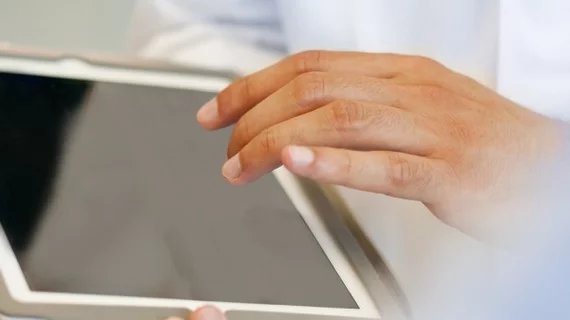Older patients optimistic about technology's ability to improve medication adherence
Patients over 65 years old welcomed the idea of using technology to improve cardiovascular medication adherence, according to a study published May 6 in the Journal of International Medical Research.
In the coming years, the number of elderly patients is expected to grow faster than the number of available clinicians. Clinicians will need to improve efficiency—and technology is one way to improve patient engagement and outcomes. In this study, researchers evaluated the perceptions of patients over 65 on using technology to improve cardiovascular medicine adherence.
Researchers from Queen Mary University of London collected data from focus groups of older people who were taking cardiovascular medications from two East London community centers.
Results found older patients were optimistic about using technology they considered familiar, accessible and easy to use. Participants noted the ability to receive alerts and monitor their treatment as two valued tools of technology. However, they expressed concerns about the decrease in face-to-face communication, data security, becoming dependent on technology and technological failure.
"These findings have highlighted that people over 65 on cardiovascular medications are willing to consider technology to help with practical aspects of their day-to-day medicine taking, such as getting reminder alerts and monitoring doses taken, either themselves or by careers and clinicians,” said lead researcher Anna De Simoni from Queen Mary University of London. "In clinical consultations about medicine taking, healthcare professionals can explore technologies familiar and easily accessible to patients as a way to ensure good adherence. To this end additionally checking on common concerns, like worries about data security, becoming dependent on technology and consequences of technological failures can be beneficial."

